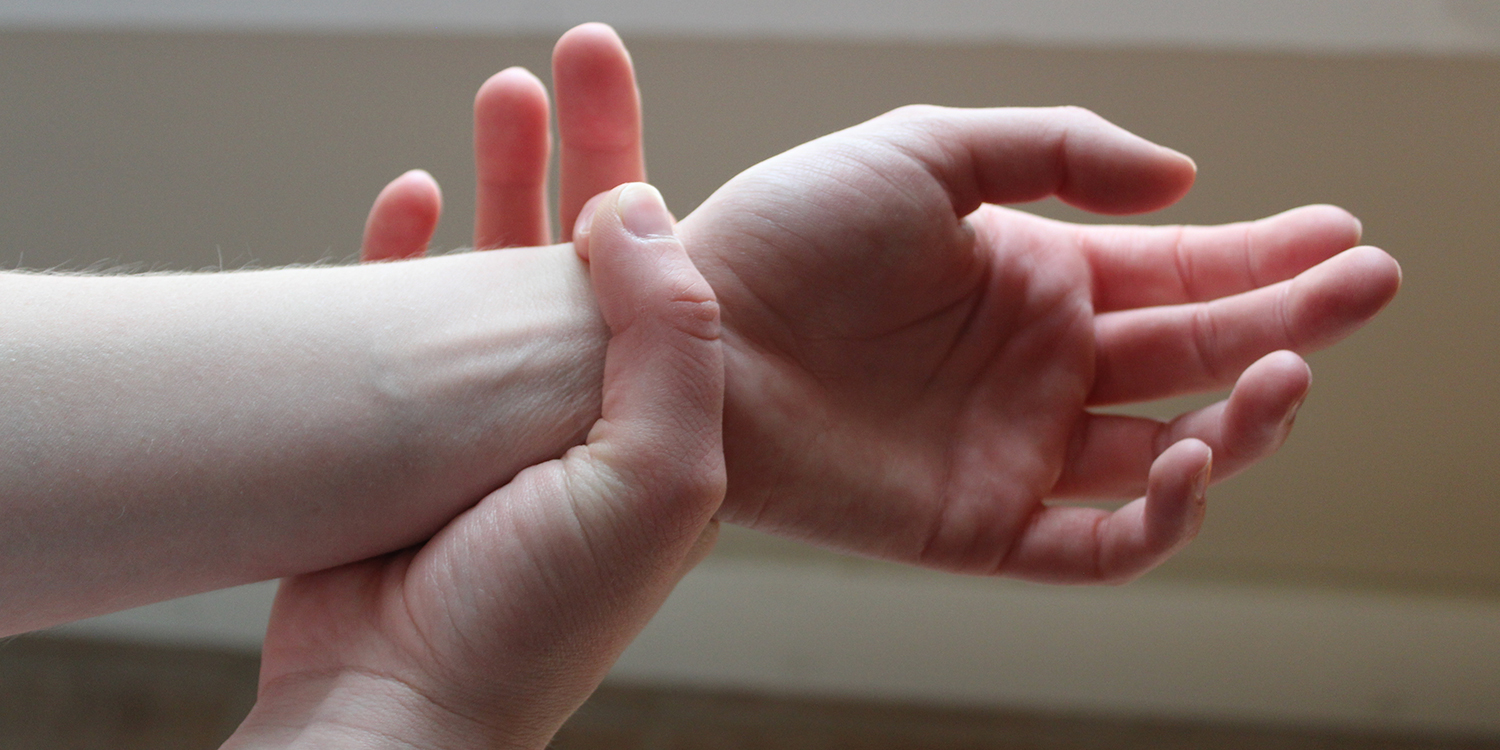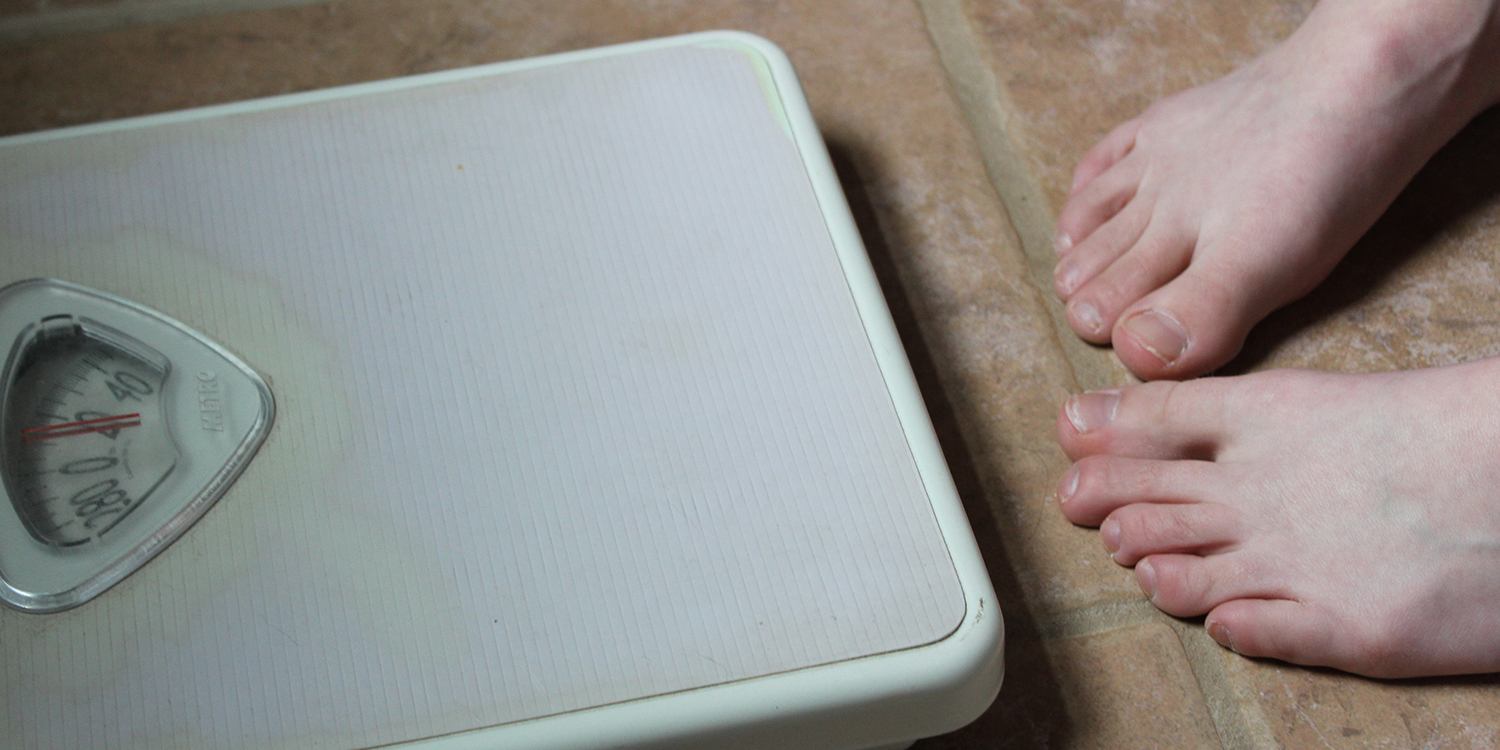The Abuse of an Eating Disorder
by Ali Johnston | published Jun. 25th, 2020
Content Warning: This editorial contains language that may be triggering for those closely associated with eating disorders or body dysmorphia.
I used to cross my fingers before bed and pray my illness would get worse. Afterward, I would stick my fingers down my throat and get rid of the 600 calories I’d consumed that day. It isn’t until now that I realize how much I’ve lost to my eating disorder.
After talking to specialists in the field, I started to understand eating disorders are similar to having an abusive partner. Mary Tantillo, director of the Western New York Comprehensive Care Center for Eating Disorders, explained how much an eating disorder can disrupt a life.
“The main goal of an eating disorder is to maintain its relationship with the patient above all else. It will create as many disconnections as possible to ensure that [isolation] continues to occur," Tantillo said. "This illness wears you down.”
"This illness wears you down."
Isolation
Tantillo refers to eating disorders as “diseases of disconnection.” It begins by causing disconnections inside someone, and proceeds to disconnect that person from everything around them.
An eating disorder makes you hate yourself. Every day that I struggled with this, it became harder to convince myself that I deserved to eat. Soon, I began avoiding situations where I knew there would be food. Unfortunately, this also meant isolating myself from my friends.
At the beginning, it was easy. I told myself that as soon as I hit my goal weight I could start socializing again. I thought that I could maintain my relationships as I suffered in silence.
Ali Wilcosz, clinical director at The Healing Connection, shared with me how unlikely it is to maintain appearances.
“When you’re younger, you think you can have a life and an eating disorder. You can’t, but it’s hard to see that at 13, 14, 15 — even 25. It’s really hard to imagine until it starts taking everything away from you,” Wilcosz said.
Even after I saw my relationships begin to suffer, it was too hard to stop.
Cycling
It's easy to say that people with eating disorders should just eat, but it’s not that simple. Having this kind of illness is not a choice; and the longer it continues, the more difficult it becomes to break the cycle. Hunger feels like success and everything snowballs from there — until feeling full is the most terrifying thing in the world.
“When you starve yourself, your stomach shrinks. The more weight you lose, the more quickly you get full. The more quickly you get full, the more you get scared. The more you get scared, the less you eat. It goes on and on,” Tantillo said.
This cycle feels almost unbreakable. On top of my fear of fullness was a bigger fear — gaining weight. Every time I felt like eating more than 600 calories, I would remind myself what it would be like to step on the scale the next morning and see a higher number.
Sooner or later, everything felt like a numbers game. I loved watching my weight decrease and knowing that I needed even less food to fill me. Food stopped being about energy, and instead I had to decide if food was worth the calories. More often than not, I would have a diet soda instead.
I knew this wasn’t healthy, but I couldn’t stop. An eating disorder ends in one of two ways: recovery or death. Somehow, this wasn’t enough to scare me. At this point in my life, I would’ve done anything to be thinner.
Comparison
My disorder began as a desire to lose five pounds. I thought that if I could do that, I would be comfortable in my own skin, even though I was already a healthy weight.
I lost five pounds quickly, but nothing about my mental state changed. I continued to remind myself that I could be thinner. I turned to Tumblr and searched “Thinspiration” and obsessed over images of people who were underweight but made it look beautiful.
Soon after, I threw the idea of being healthy out the window and began to romanticize being underweight. I wasn’t happy with my appearance at the beginning; and by comparing myself to others, this cycle continued.
“The media puts out the image that everyone has to look and be a certain way," Wilcosz said. "‘Dropping pounds began as a way to be beautiful; now it’s just to be okay.”
Eating disorders often begin as a way to look more attractive, as a means of weight loss, but they quickly develop into a cycle of self-hatred. I wanted to lose five pounds to look good for myself and for other people. After losing 35 pounds, I realized it became a way to love myself.
Recovery
It takes a long time to understand what this disorder does to a person. It’s not easy to admit to yourself that you are struggling, let alone to seek help for it. I was losing weight, so why would I choose recovery? Because I was tired.
“You want your life back. You’ll do whatever it takes because you’ve suffered so much. You look back at your life and you realize ... this thing has taken everything away from you: your physical health, your mental health, the people you love. You feel like you’ve wasted your life,” Tantillo said.
"You look back at your life and you realize ... this thing has taken everything away from you."
Thirty-five pounds ago, I was much more confident than I am today. Recovery is not a quick process. There have been slip-ups in the past and I’m sure there will be more. I regret everything about this disorder.
I know I am far from alone in this. If you are struggling with an eating disorder, please seek help. You can reach the National Eating Disorder Association help line at (800) 931-2237 for support, treatment options or anything else you might need. If you would prefer to meet with someone in person, reach out to the Healing Connection at (585) 641-0281 to ask about therapy options.
Recovery is not a quick process, and sometimes it feels a lot like failure — it's not. This is the first step in taking your life back.




